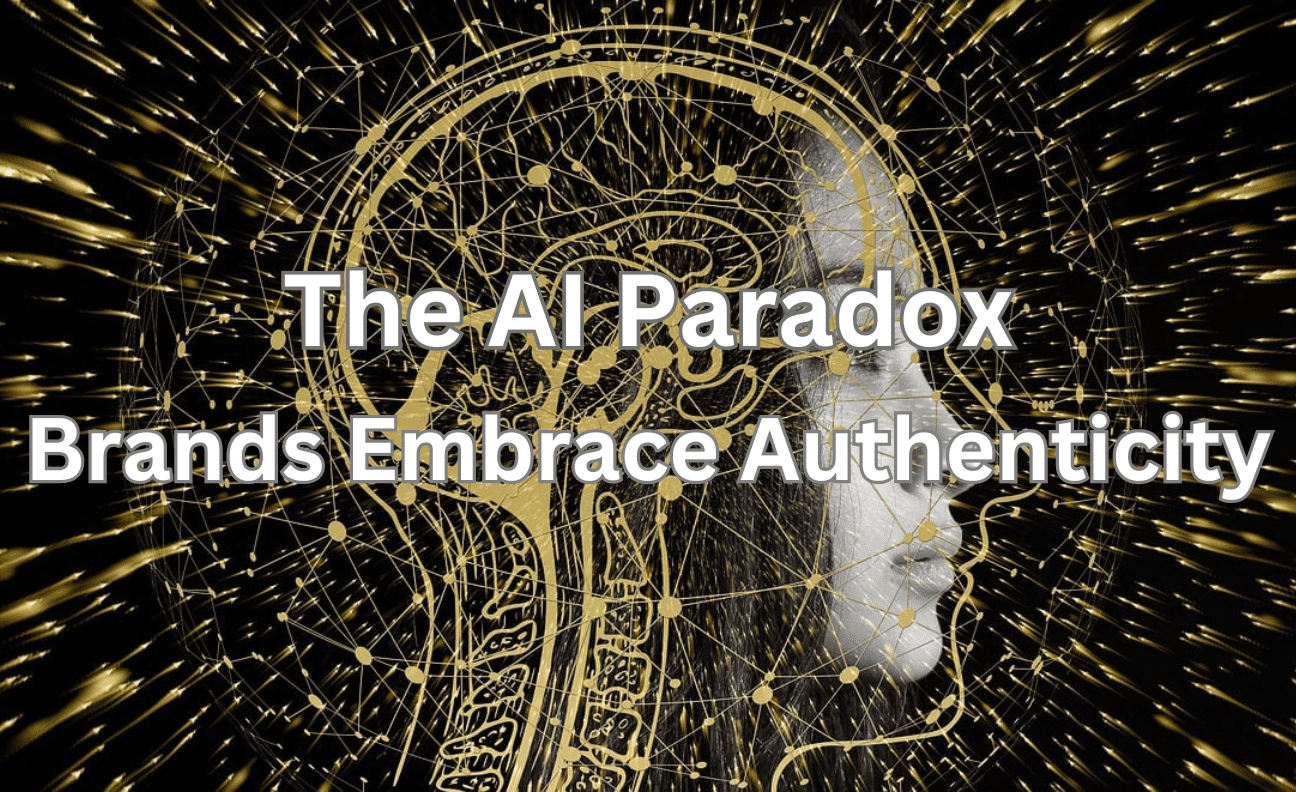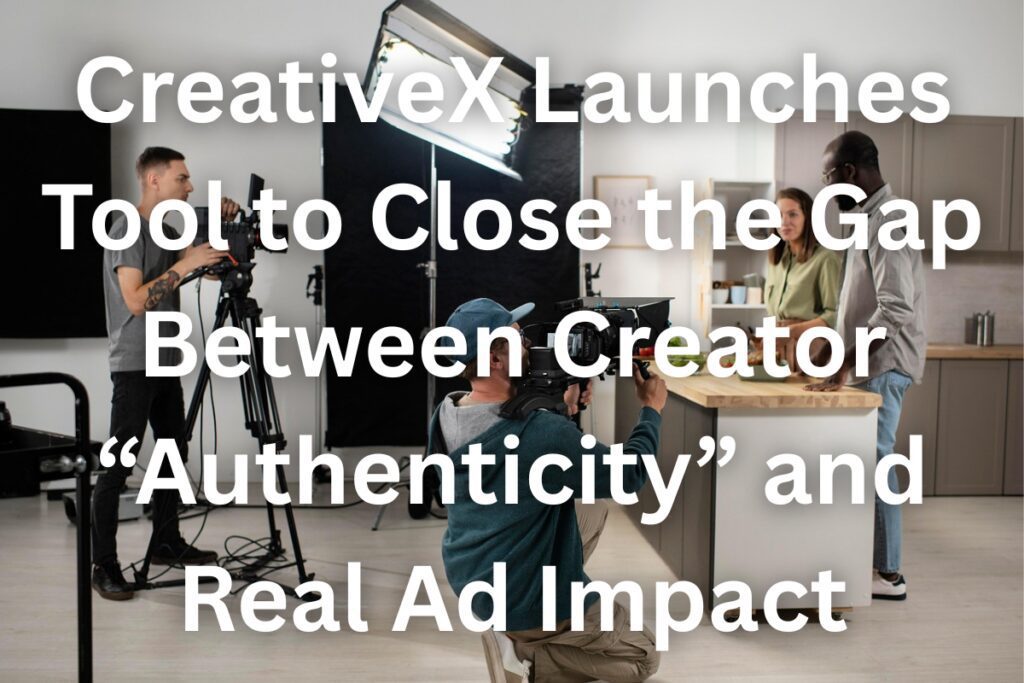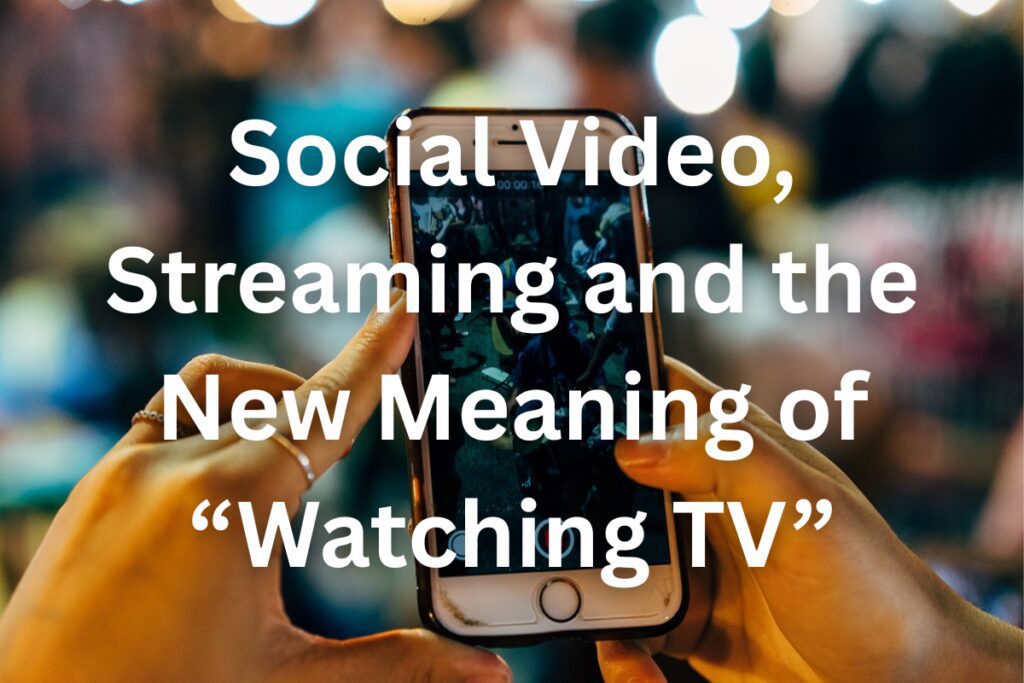In an unexpected twist, one-fifth of forward-thinking brands are boldly embracing an Artificial Intelligence-free identity as a distinct selling point, differentiating themselves from the growing trend of heavy investments in technology by Chief Marketing Officers (CMOs).
This strategic divergence mirrors the dual-edged nature of generative AI, as recently underscored by the latest Gartner report.
The Promise and Peril of Generative AI
Generative AI tantalises marketers with the prospect of automating an array of processes at an unprecedented pace, offering the promise of increased creativity and reduced time spent on marketing drudgery.
This alluring potential is prompting CMOs to significantly escalate their investments in AI talent, potentially ushering in a boom for agencies rapidly developing the infrastructure to accommodate this transformative technology.
Agencies Eagerly Embrace Generative AI
Marketing agencies, sensing the seismic shift, are eagerly seizing the generative AI opportunity, expecting a surge in demand for their services.
WPP, the globe’s largest ad-holding group, has inked a groundbreaking deal with chipmaker Nvidia, aiming to pioneer a content engine fueled by generative AI.
As the Artificial Intelligence revolution looms, agencies are positioning themselves to be the linchpin of the industry’s evolution.

The Era of AI Expertise
Forecasts now suggest that companies spanning industries will soon tout themselves as AI experts, akin to the way many now claim expertise in the digital realm.
However, as AI continues to gain prominence, its connection to disinformation and misinformation poses a profound dilemma for CMOs and their marketing service partners.
The Challenge of Authenticity
Gartner’s projection for 2027 is that one-fifth of brands will distinguish themselves by embracing a complete absence of AI, aligning with consumers’ demands for authenticity.
Astonishingly, 72% of consumers surveyed by Gartner voiced concerns over AI-based platforms spreading falsehoods and deceptive information, revealing deep-seated trust issues.
The Trust Deficit in Social Media
As social media grapples with vexing problems, such as bot manipulation, corrosive discourse, and the proliferation of fake news, over half of those surveyed (53%) perceive the channel’s decay, while a resounding 70% believe that integrations of generative AI could further deteriorate the user experience.
This mounting mistrust is compelling consumers to seek refuge in AI-free brands and interactions.
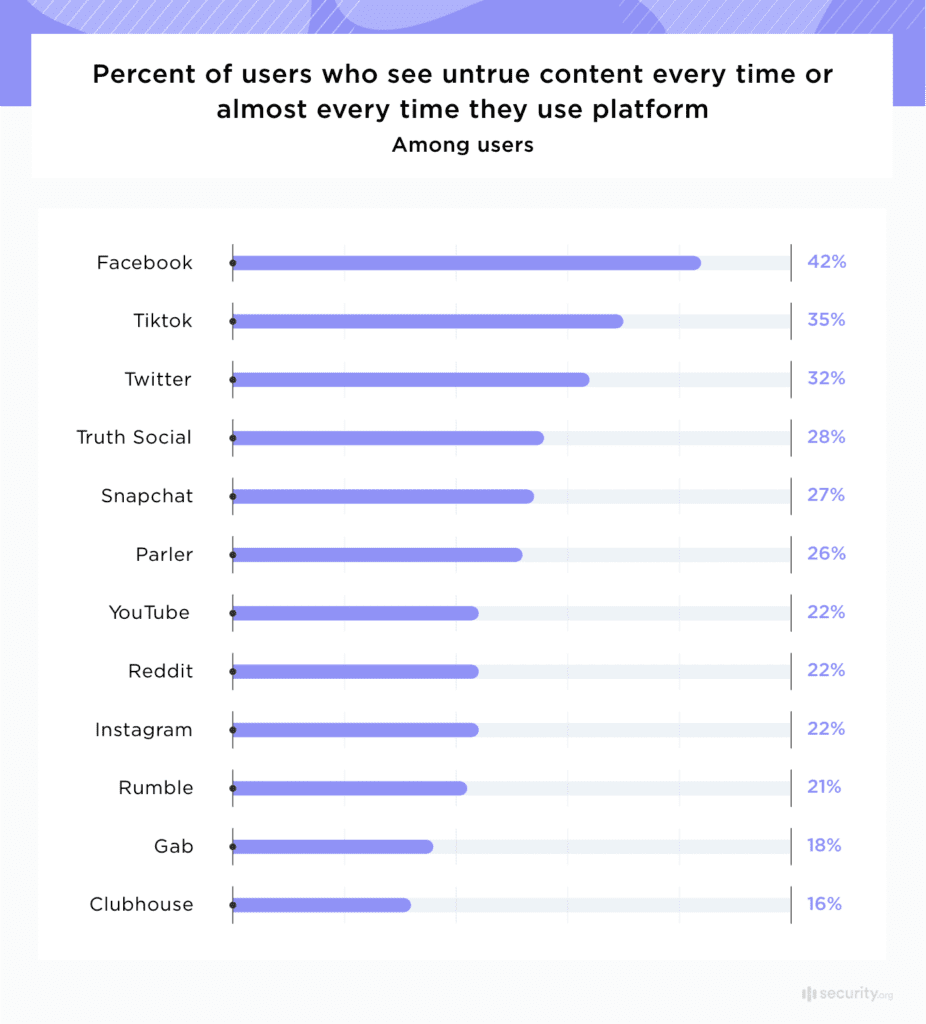
The ‘Acoustic’ Approach
Some astute brands are adopting the ‘acoustic’ concept as a strategic manoeuvre to distance themselves from the perception of being impersonal, algorithm-driven entities.
By openly prioritising a more human-centric positioning, they aim to rekindle trust and confidence among consumers seeking genuine, personalised interactions.
Preparing for AI-Related Pitfalls
By 2026, a projected 60% of marketing chiefs are expected to harness a potent arsenal of tools, including content-authenticating technology and user-generated content, to proactively shield their brands against AI-related pitfalls.
In an era where generative AI impacts search algorithms, leading platforms, such as Google and Microsoft‘s Bing are introducing features that have the potential to diminish website traffic.
This compels marketing leaders, particularly those heavily reliant on SEO, to allocate resources for exploring alternative channels and diversifying their reach.
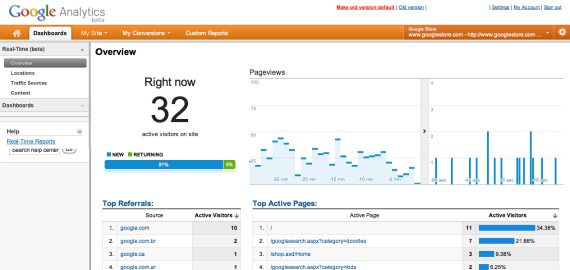
The Future of Search and SEO
Consumers are embracing AI-enhanced search at an astonishing rate, with a staggering 79% anticipating regular usage of such services in the coming year.
Additionally, over two-thirds (70%) express varying degrees of trust in the results generated by AI-powered search engines.
This seismic shift has substantial implications for marketing leaders whose strategies hinge heavily on SEO, prompting them to adapt and explore alternative channels to maintain a diversified online presence.
Conclusion: Embracing Authenticity in the AI Age
The ongoing surge in generative AI presents brands and marketers with a complex landscape ripe with both opportunities and challenges. While some are poised to leverage automation for creativity and efficiency, others are prioritising authenticity to address the escalating concerns surrounding consumer trust.
The ‘acoustic’ approach and innovative tools will be the lynchpins in navigating this multifaceted AI environment. As brands and CMOs grapple with these intricacies, the future of marketing is poised to be an enthralling fusion of technology and genuine human connection, where authenticity reigns supreme in a world increasingly dominated by AI.

